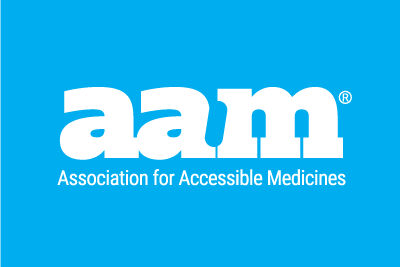Continued from Part 1...
We greatly appreciate the FDA’s efforts to increase the number of generic drug approvals and take action on applications in the backlog.
What some people also might not understand is that not all generic medicines approved by the FDA make it to market.
There are several reasons a company could decide not to market a generic drug after receiving approval. One is that some applications may have sat at the FDA for several years and by the time they receive approval, the market value isn’t there anymore. For example, a newer, improved version of a brand-name product may have come to market, making the older version obsolete or less desirable.
Another reason is the consolidation of wholesalers/distributors that has taken place in recent years. Currently, there are only three wholesalers/distributors: McKesson, Cardinal Health and AmerisourceBergen.
Further narrowing the market are the partnerships these wholesalers/distributors have with the nation’s largest retail pharmacy chains: Walgreens has a partnership with AmerisourceBergen; CVS has a partnership with Cardinal Health; and Wal-Mart has a partnership with McKesson.
The FDA usually approves several generic versions of a drug at the same time. But wholesaler/distributor and pharmacy consolidation means that if 10 generics are approved, all 10 don’t have avenues for contracts. With no outlets, they can’t or don’t launch.
This consolidation can also hurt patients. Generic drug prices may not decrease as fast as when there were more wholesalers/distributors due to less generic competition.
Fewer generic companies producing a particular generic product can also increase the risk of more drug shortages. If there are only three or so companies producing a particular product, and one of those companies has an issue that shuts down production, the other companies may not be able to pick up the volume to avoid shortages.
We are encouraged and excited about the progress made in the past year, and we need to continue to build on that progress. As the FDA Commissioner has said, we need to make sure there are more generics and biosimilars available for the sake of patients and the American health care system.
By David Gaugh, AAM Senior Vice President, Sciences & Regulatory Affairs




